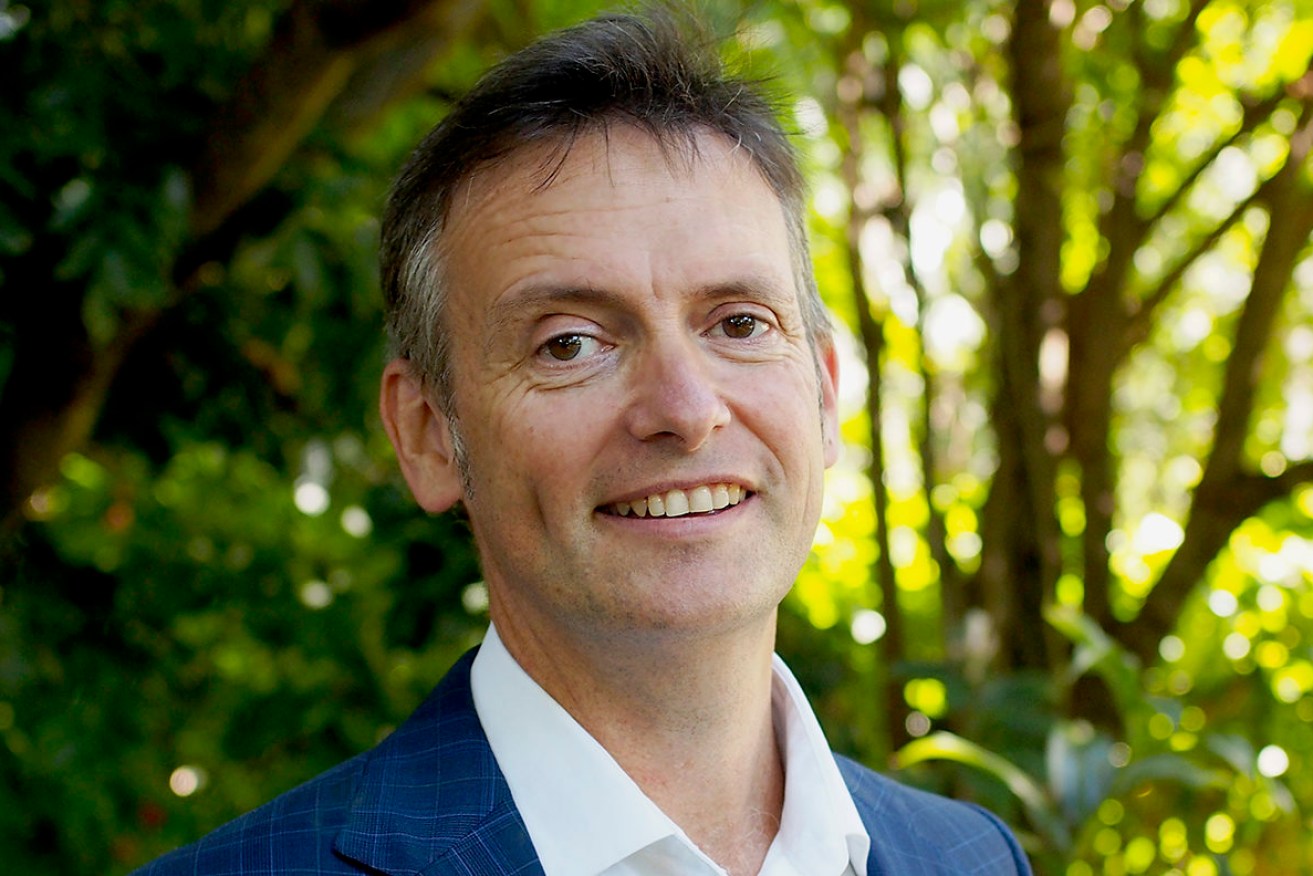Kid gloves: Expert advisers worried about youth crime crackdown
Two independent, statutory officers have warned that the Palaszczuk Government’s plan for GPS trackers and tougher bail laws for young offenders could make things worse.

Queensland Human Rights Commissioner Scott McDougall. (Supplied)
The government announced the latest crime crackdown in February amid community outcry over the deaths of Matthew Field and his pregnant partner Kate Leadbetter on Australia Day. The couple were walking their dogs in Alexandra Hills when they were hit by a car allegedly stolen and being driven by a teenager on bail for traffic offences.
It followed a long-running debate over youth justice, particularly in Townsville in the lead-up to the 2020 election when the Liberal National Party proposed a controversial curfew for young people.
Labor’s plan includes GPS trackers as a condition of bail for recidivist high risk offenders aged 16 and 17, a presumption against bail for young people charged with serious indictable offences, and a requirement that parents and guardians commit to ensure bail conditions will be complied with before an offender is released.
But the Queensland Human Rights Commission, established by Labor and headed by lawyer Scott McDougall, has warned that electronic monitoring is “a serious incursion into the rights of children and families, is not evidence-based, and may create more harm than good”.
In a submission to a parliamentary inquiry examining the government bill, the commission also said that forcing parents and guardians to be involved in bail applications “may further stress family relationships and lead to more people being remanded in custody”.
“A presumption against bail is likely to add complication and inconsistency in the short-term and may actually undermine community safety in the longer term,” the commission wrote.
Acting Public Guardian Shayna Smith said the bail changes would disadvantage children with an unstable family background and history of trauma, who may lack the necessary supports to avoid being placed in custody.
Smith, in her submission, said holding those young people on remand “may often exacerbate or retrigger the trauma” and undermine rehabilitation efforts.
“As a result of Queensland’s youth detention centres reaching their bed capacity, along with changes in the youth justice system, watchhouses across the State are being utilised contingently to detain children and young people on remand for periods longer than what is deemed ordinarily acceptable,” Smith wrote.
“This environment is not conducive to the safety and wellbeing of children and young people and by nature and design is entirely inappropriate to meet their specific needs.”
Smith said the proposed trial of GPS trackers was not evidence-based, and suggested that young people with a disrupted home life might not be able to keep them charged.
“The associated stigma attached to the wearing of such a device might further isolate young people from the community and result in more anti‐social behaviours being displayed,” she said.
The committee has so far released submissions from people and organisations mostly critical of the bill, including global non-government organisation Amnesty International.
“Amnesty International regrets that the government has chosen to respond to perceived community safety concerns that are mostly generated by media hysteria in a way that puts the lives of vulnerable children and young people, and in particular, Aboriginal and Torres Strait Islander children and young people, in the media spotlight by proposing the bill,” it wrote.
“This in itself is feeding the community’s perception that there is a ‘youth crime crisis’ in Queensland, when in fact, youth crime has fallen.
When the crackdown was announced, Premier Annastacia Palaszczuk said it would target the small proportion of young offenders who repeatedly offend and put the community at risk.












